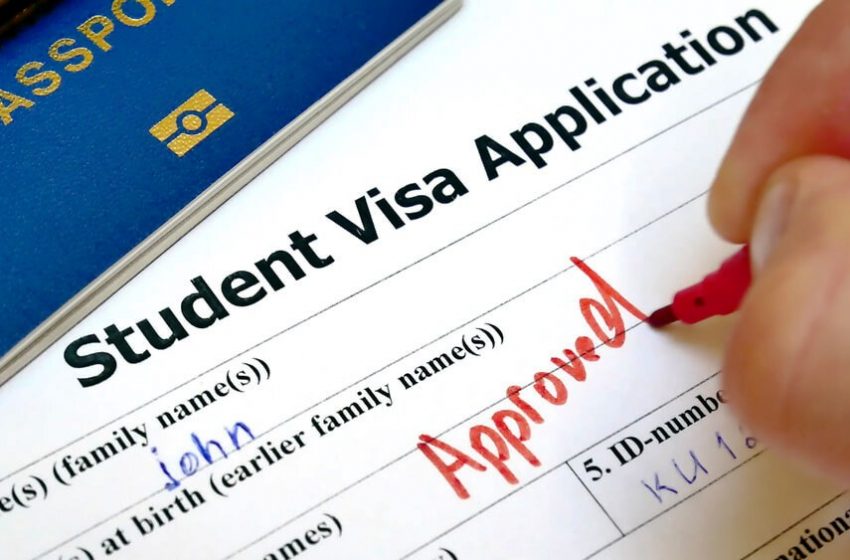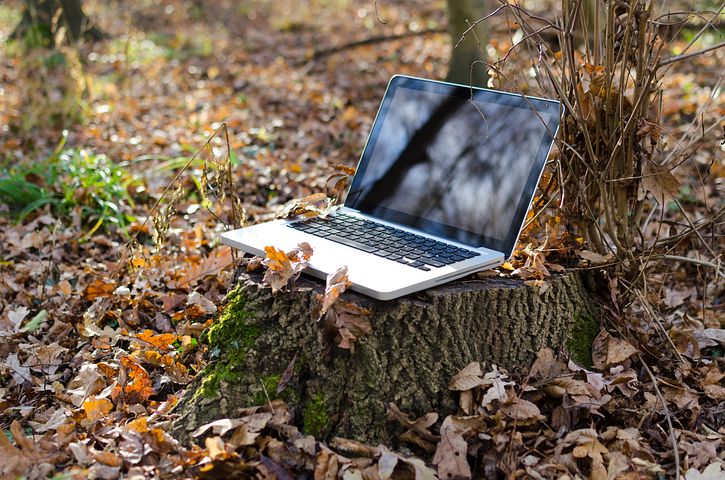Are you getting ready to apply for a student visa? It can be a very demanding process, especially when it comes to the interview. Here’s How to prepare for student visa interview. Keep reading to find out
After all, you want to make the best impression possible to get your visa approved. That’s why you need to be prepared for your student visa interview. This detailed guide will give you all the tips you need to know to nail that interview.
We’ll show you how to prepare, what to expect, and answer any questions you might have about the process. With this guide, you’ll be able to confidently walk into your student visa interview knowing that you’re prepared and ready to get that visa approved.
Now let’s get started on How to prepare for student visa interview.
>> See This: 5 College Student Mistakes That Derail Your Success
What to Expect During a Student Visa Interview

The first step in How to prepare for student visa interview is to know what to expect during the interview. Generally, the visa interviewer will ask you a series of questions related to your academic plans, financial situation, and other personal information.
The interview is conducted at the embassy or consulate offices that are located in the countries where students want to apply for the visa. The interview may take about 15-20 minutes.
The interview is conducted by a consular officer who will ask you a few questions about your reason to move to another country for your academic program. The officer will also review your documents and ask you to provide evidence that you have enough money to cover all expenses while studying in the country you are moving to.
You may also be asked to provide additional documents such as transcripts, financial statements, and proof of enrollment in your school or program. The interviewer may also ask you about your plans after you complete your studies.
It’s important to remember that the interviewer is not trying to make things difficult for you – they simply want to ensure that you have all the information needed for them to make an informed decision about your application.
>>Another Suggestion: Why Student Visa Get Rejected: Reasons You Haven’t Thought About
How To Prepare For Student Visa Interview
Before you even start preparing for the interview, you first want to make sure that you are eligible to apply for a student visa. This means doing your research to see if you meet the requirements and then gathering all the necessary documentation.
Once you’re sure you’re eligible to apply for a student visa, then you can start preparing for the interview. Here are some tips for preparing for your student visa interview:
Make a to-do list – This way, you can make sure that you have everything you need for the interview. This should include any documentation that you need to bring, such as financial records and academic records.
Practice the interview questions – You don’t want to walk into the interview and freeze up. Make sure you’re prepared by practicing the questions that you might be asked. This will help you feel more confident when you walk into the interview.
You should also make sure that you have a clear understanding of the program you are applying for and what the requirements are for the visa. Once you have all your documents in order, it’s time to start preparing for the interview.
The best way to prepare for a student visa interview is by researching the country you are applying to and making sure that you can answer any questions that may be asked about it. You should also practice talking about why you want to study in this country and why it is important to you.
Finally, make sure that you dress professionally and arrive on time – this will demonstrate your seriousness about the program and will make a good impression on the interviewer.
Common Student Visa Interview Questions and How to Answer Them
After reviewing all of your documents, the officer will ask you a few questions about yourself, your family, your academic program, and your reason for studying in another country. and your plans after graduation.
1. Why do you want to study in this country?
This is an important question and one that you should be prepared to answer. Make sure to explain why the culture, education system, and opportunities in the country make it an ideal place for you to pursue your studies.
2. What are your academic goals?
Explain what degree you plan on attaining, as well as any research or internship opportunities that you may be interested in pursuing while abroad. Be sure to emphasize how this program will help you reach your larger career goals.
3. How will this program benefit your future career?
It’s important to demonstrate that you have a plan for after graduation and that studying abroad will help you achieve it. Talk about specific skills or knowledge that you will gain from the program, as well as how it fits into your overall professional trajectory.
4. What plans do you have for after graduation?
Be prepared to discuss what you plan to do after finishing the program. Explain how your studies abroad will help you advance your career, whether it’s through applying for jobs or further studies. Also, discuss any plans you have for returning to your home country, and how this experience will enrich you in the long term.
Tips for Answering Difficult Questions
If you’re nervous about answering questions, then don’t worry. You aren’t alone. Most students feel anxious about the interview, but you can do some things to help alleviate that anxiety.
Here are some tips to help you answer difficult questions:
Practice your interview beforehand – This is crucial to helping you feel more confident when answering questions during the interview. Have a friend ask you questions so that you can get used to being asked questions. You may even want to record yourself so that you can watch the interview and see where you can improve.
Be yourself – This is the most important thing to remember. Being yourself will show the officer that you are genuinely interested in studying in another country and that you are a real person. While the officer will be looking for specific answers to questions, don’t try to memorize a script.
What to Do If You Make a Mistake During the Interview
First and foremost, don’t panic. The officer likely has seen this happen before and probably has a few tips to help you get back on track.
For example, if you start rambling on or if you forget what question you were even asked, the officer may put her hand up to let you know that you are going off-topic.
If you make a mistake, don’t dwell on it. Instead, correct the mistake, and then move on.






